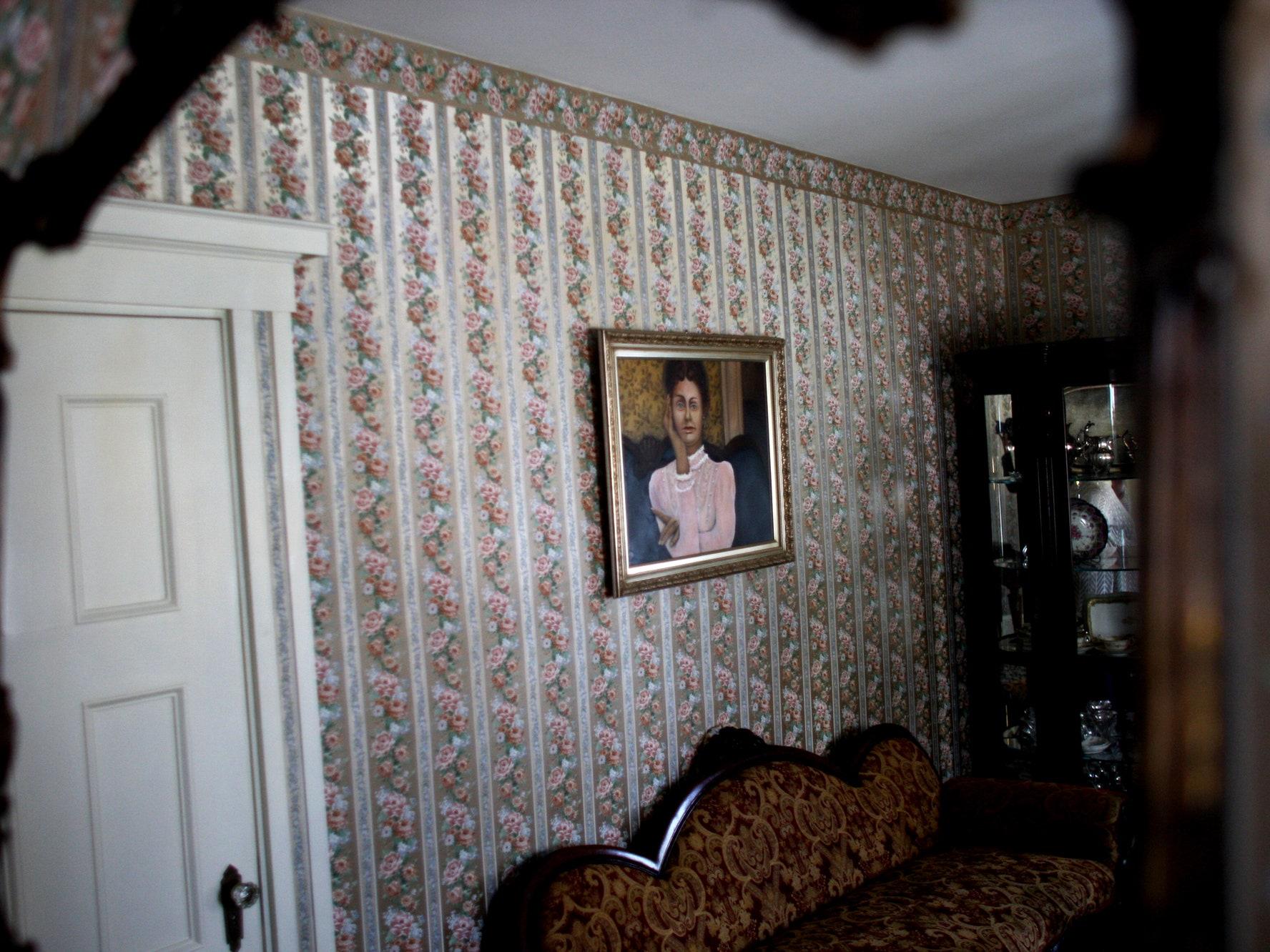As the world of tourism continues to evolve, an intriguing trend has emerged known as ‘dark tourism.’ This concept refers to the fascination travelers have with destinations associated with death, tragedy, and other morbid events. From Auschwitz in Poland to the Catacombs of Paris, these unusual locations have become increasingly popular amongst adventurous tourists. But what is it about dark tourism that appeals to travelers, and what are the ethical concerns surrounding it?
One of the main reasons behind the appeal of dark tourism is human curiosity. Death has always been a topic that captivates us, provoking contemplation and introspection. Dark tourism allows us to explore the darker side of humanity and learn about the past. By visiting places with a history of tragedy, we gain a deeper understanding of the human experience. These destinations provide an opportunity for introspection as well as a chance to pay tribute to those who have suffered.
Moreover, dark tourism also appeals to those seeking to challenge their own boundaries. It offers a unique way to step out of the comfort zone and confront the uncomfortable aspects of life. By immersing ourselves in the history of tragic events, we are forced to confront our fears and gain a newfound appreciation for life. It serves as a reminder that life is temporary and fragile, motivating us to make the most of every moment.
However, dark tourism also brings with it numerous ethical concerns. Critics argue that it trivializes the suffering of others and treats tragedy as a form of entertainment. The risk of reducing historical tragedies to mere spectacles is one of the main concerns. It is essential to find a balance between educational tourism and a respectful approach towards the victims and their families.
In recent years, efforts have been made to promote responsible dark tourism. Many sites have transformed into educational centers, focusing on contextualizing the tragedy and emphasizing its historical significance. Proper infrastructure and visitor management are vital to ensure a respectful experience for visitors. Additionally, collaboration with local communities and survivors can contribute to creating a more informed and ethical experience.
Regulating the industry is another challenge. Governments and tourism boards must establish guidelines that ensure dark tourism is conducted ethically. This includes appropriate information dissemination, training of guides, and restrictions on the level of access visitors have to sensitive areas. Striking a balance between preserving the memory of the past and respecting the privacy and dignity of the victims is crucial.
dark tourism appeals to travelers intrigued by death due to its ability to provoke introspection, challenge boundaries, and offer a unique perspective on history. However, ethical concerns must be addressed to ensure that tragedy is not trivialized and respect is given to the victims. By implementing responsible practices and maintaining a sensitive approach, dark tourism can continue to provide educational and thought-provoking experiences for travelers while honoring the memory of the past.
Hey Subscribe to our newsletter for more articles like this directly to your email.
